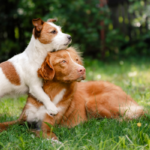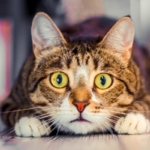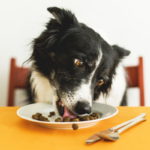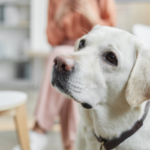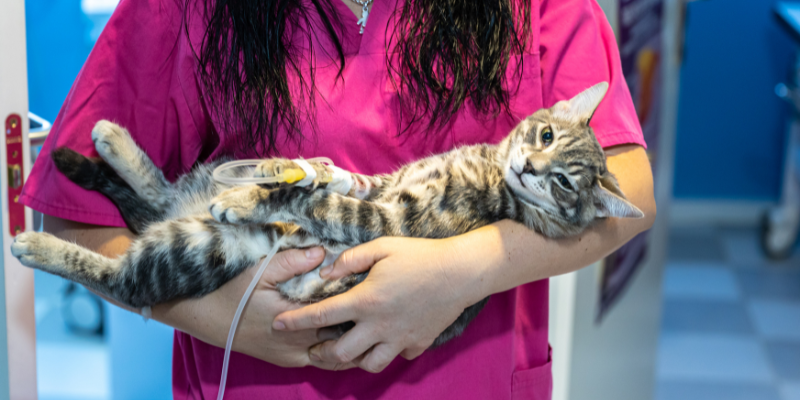
Our veterinary nurses entered the profession because they love animals – but nursing is a whole lot more than just cuddling cute puppies and kittens.
Our experienced nurses are knowledgeable, technically skilled, compassionate and willing to assist whenever an animal requires help. Here’s a list of a few of the tasks that a veterinary nurse will regularly have to perform in a single day!
Anaesthesia
Veterinary nurses will work with our veterinarians or other staff members to gently restrain animals in order to place intravenous catheters and, if required, collect blood samples for pre-anaesthetic health testing.
They will calm and restrain a patient whilst they are being anaesthetised and then will carefully monitor parameters, such as heart rate, breathing rate, blood pressure, reflexes and body temperature to ensure that the patient remains deeply enough asleep to not feel any pain, but also not become dangerously over-anaesthetised. A nurse will then monitor the patient as they recover from the procedure, alerting one of our vets if they seem uncomfortable, nauseated or disoriented.
Patient care
When animal patients stay in hospital, it is often our experienced nurses who will perform ongoing checks on them throughout the day (between morning and evening assessments by our vets), ensuring that they are provided regular toileting opportunities, have any pain or nausea sufficiently treated, are clean and comfortable, and are tempted to eat and drink. Our nurses will also request a reassessment of the patient by one of our vets if they feel their condition is changing.
Diagnostic procedures and tests
Our nurses are proficient in running in-clinic laboratory tests, including blood tests, urine tests and faecal analysis. This allows us to diagnose many common health conditions on site, so we can start prompt treatment for our patients.
Hospital cleanliness
Our nurses perform regular cleaning duties to ensure that, even in the face of frequent blood drips, urine spills and coughing, vomiting or defecating patients, our clinic and its equipment are kept as germ-free as possible to minimise the risk to other animals and our clients.
Reception duties and animal triage
As well as all these hospital duties, our nurses often have to take on reception duties. They are the first point of contact for worried owners wondering if their pet needs treatment, providing emotional support and knowledgeable advice. They meet emergencies at the front door and help to triage sick or injured patients (performing a rapid assessment of the patient’s basic functions to ascertain how urgently they require treatment).
Assisting our vets
Last but not least, our nurses provide valuable support to our vets, providing hands-on assistance during important medical or imaging procedures, and performing sterile preparation of animals for surgery whilst our vet “scrubs up”.
Our nurses are of vital importance in achieving our goal of high-standard, compassionate animal health care. Let’s hear it for all the veterinary nurses!

